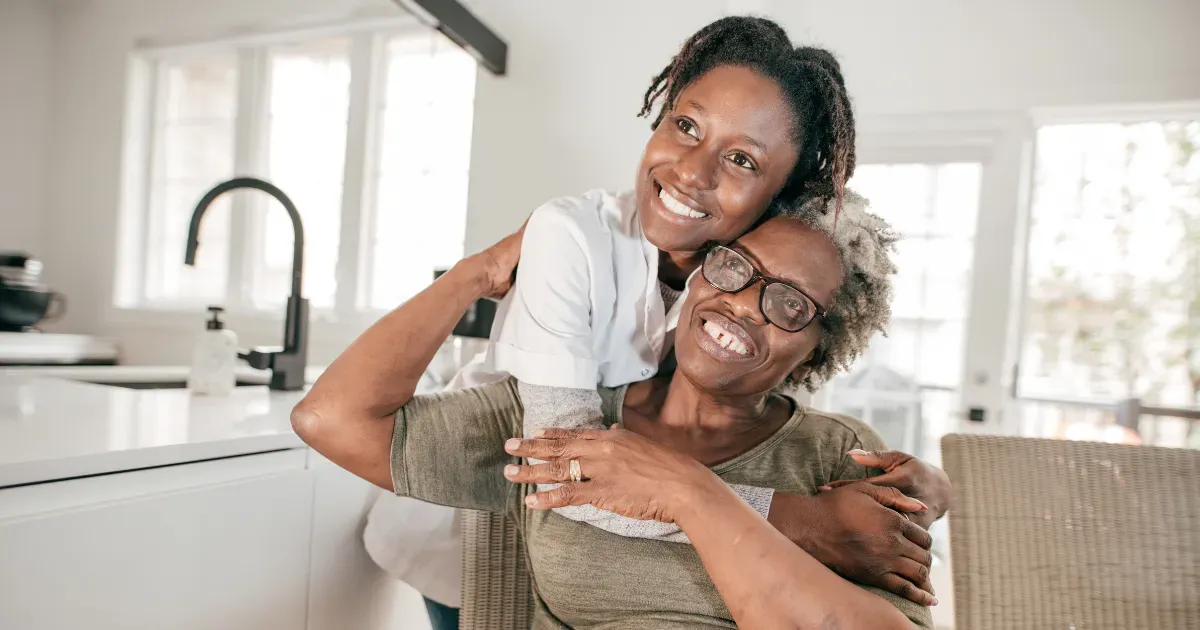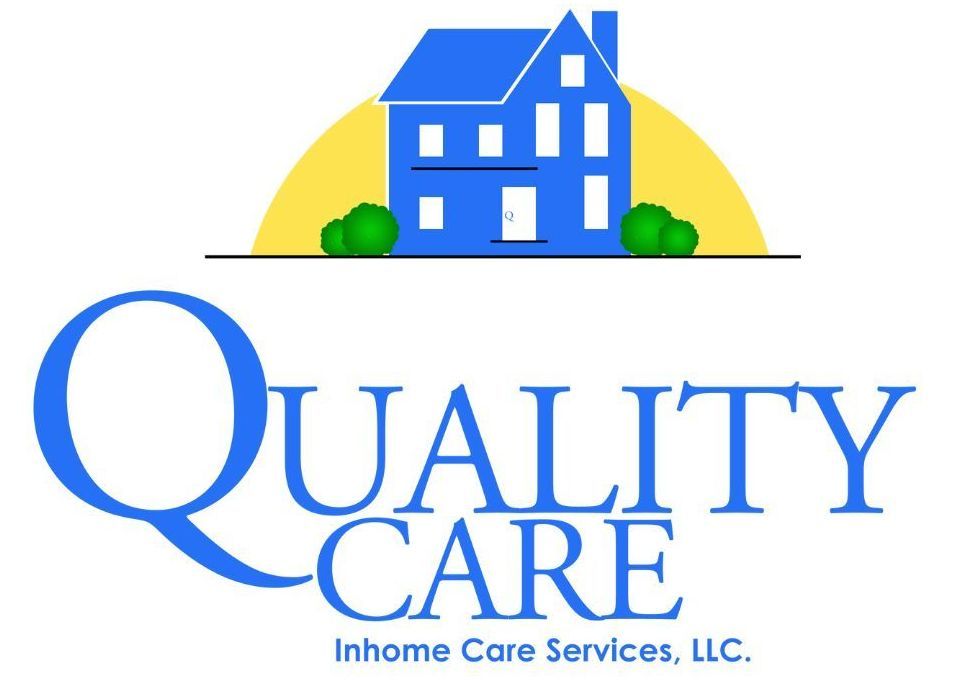How Much Does 24/7 Private Pay In-Home Care Cost In Georgia?
24/7 in-home care cost in Georgia

If you have an aging loved one in Georgia who requires round-the-clock care, you may be wondering about the cost of 24/7 in-home care. Georgia, like many other states in the United States, offers in-home care services to seniors who need assistance with activities of daily living (ADLs) and require continuous support. In this article, we will explore the cost of 24/7 in-home care in Georgia and provide valuable information for families who are considering this option for their loved ones.
In-Home Care in Georgia
In-home care is a popular choice for seniors who wish to age in place and receive care in the comfort of their own homes. In Georgia, in-home care services are typically provided by certified nursing assistants (CNAs) or home health aides (HHAs) who are trained to assist with ADLs such as bathing, dressing, grooming, medication reminders, mobility assistance, and light housekeeping. In some cases, registered nurses (RNs) or licensed practical nurses (LPNs) may also provide skilled nursing care, such as wound care or medication administration.
24/7 In-Home Care Cost in Georgia
The cost of 24/7 in-home care in Georgia can vary depending on several factors, including the level of care needed, the location, and the agency or provider you choose. Generally, there are two main types of in-home care services: non-medical or custodial care, and skilled nursing care.
Non-medical or custodial care involves assistance with ADLs and does not require medical training. The hourly rates for non-medical care in Georgia can range from $15 to $25 per hour, depending on the location and the level of experience of the caregiver. For 24/7 care, this can amount to a significant cost, as caregivers work in shifts to provide round-the-clock coverage. It's important to note that some agencies may charge higher rates for overnight or weekend shifts.
On the other hand, skilled nursing care involves services that require medical training, such as wound care, injections, or monitoring of chronic health conditions. The hourly rates for skilled nursing care in Georgia are generally higher, ranging from $25 to $45 per hour, depending on the level of expertise and experience of the nurse. For 24/7 skilled nursing care, the cost can add up quickly due to the higher hourly rates and the need for continuous medical supervision.
In addition to the hourly rates, there may be additional costs associated with in-home care in Georgia. These may include initial assessment fees, care plan development, and administrative fees charged by the agency or provider. It's important to ask for a detailed breakdown of all the costs involved and to inquire about any additional fees before committing to a particular provider.
Paying for 24/7 In-Home Care in Georgia
When it comes to paying for 24/7 in-home care in Georgia, there are several options available. These may include:
Private Pay:
Families can choose to pay for in-home care services out of pocket using their personal funds or savings. This can be a viable option for those who have the financial means to cover the costs of care.
Long-Term Care Insurance:
Long-term care insurance policies may cover the costs of in-home care, depending on the policy terms and coverage. It's important to review the policy details and check with the insurance provider to determine what services are covered and any limitations or restrictions.
Medicaid:
Medicaid is a state and federally funded program that provides healthcare coverage for eligible low-income individuals and families. In Georgia, the Medicaid program, along with the Community Care Services Program (CCSP), may provide coverage for in-home care services for eligible seniors who meet the program's criteria. However, it's important to note that Medicaid and CCSP have strict eligibility requirements, and not all seniors may qualify for coverage.
Veterans Benefits:
Veterans and their spouses may be eligible for benefits through the Department of Veterans Affairs (VA) that can help cover the costs of in-home care. The VA offers programs such as Aid and Attendance and Housebound benefits that provide financial assistance for eligible veterans who need help with activities of daily living.
Home Equity or Reverse Mortgage:
Seniors who own a home may consider using their home equity or obtaining a reverse mortgage to help pay for in-home care. Home equity loans or reverse mortgages allow seniors to tap into the equity of their home and use the funds for various expenses, including in-home care services.
Local and State Programs:
Georgia has several local and state programs that provide financial assistance for seniors who need in-home care. These programs may be funded by the state or local government, charitable organizations, or community-based agencies, and may offer sliding scale fees, subsidies, or other forms of financial assistance based on income, assets, or other eligibility criteria.
Conclusion
In conclusion, the cost of 24/7 in-home care in Georgia can vary depending on the level of care needed, location, and provider chosen. Non-medical or custodial care generally has lower hourly rates compared to skilled nursing care, but the cost can still add up for round-the-clock care. It's important to carefully review and understand all the costs involved, including any additional fees, before committing to a particular provider.
There are several options available to pay for 24/7 in-home care in Georgia, including private pay, long-term care insurance, Medicaid, veterans benefits, home equity or reverse mortgage, and local and state programs. It's essential to explore all the available options and determine the most suitable one based on your loved one's financial situation and care needs.
When considering in-home care for your aging loved one, it's also crucial to research and choose a reputable and licensed agency or provider that meets the state's regulations and standards. It's recommended to conduct thorough interviews, ask for references, and inquire about the qualifications and training of the caregivers or nurses.
Taking the time to plan and understand the costs and payment options for 24/7 in-home care in Georgia can help ensure that your loved one receives the necessary care without undue financial strain. It's always best to consult with a financial advisor or elder care professional to get a comprehensive understanding of the costs and financial options available for in-home care in Georgia. With proper planning and research, you can make informed decisions and provide your loved one with the quality care they deserve.
If you have an aging loved one in Atlanta, Georgia who requires round-the-clock care, you an rely us to take care of their every need.

Welcome to a realm of unparalleled healthcare excellence! Quality Care Inhome Care Services is proud to announce that our Atlanta-based home healthcare agency has clinched the prestigious Consumer Choice Award, a testament to our unwavering commitment to providing top-notch healthcare services. In this article, we delve into the intricacies of our agency, highlighting the factors that set us apart and led to this prestigious recognition.

When it comes to providing around-the-clock care for your loved ones, two options often come to mind: 24 Hour Care and Live-In Care. While both options offer continuous care, it's important to understand the differences between the two and choose the one that best suits your loved one's needs. In this article, we will explore the distinctions between 24 Hour Care and Live-In Care , the benefits and drawbacks of each, and how to determine which option is right for your family.

Introduction In the bustling city of Atlanta, where the pulse of progress beats strong, there exists an extraordinary entrepreneur whose heart-driven mission has touched the lives of countless individuals. Meet Mr. Quality Care, a visionary with a passion for creating positive change in his community. As the founder and driving force behind Quality Care Inhome Care Services, Mr. Quality Care's journey is a testament to the power of heartfelt entrepreneurship.

When seeking care options for yourself or a loved one in Atlanta, understanding the differences between home healthcare and non-medical homecare services is essential. While both options aim to support individuals in the comfort of their own homes, they vary in terms of the level of medical assistance provided. In this comprehensive guide, we will delve into the distinctions between home healthcare and non-medical homecare services in Atlanta. By the end of this article, you'll have a clear understanding of each option and be better equipped to make informed decisions about your care needs.

Finding high-quality in-home care in Atlanta is crucial for our loved ones' health and wellbeing. When looking for help for elderly parents, people with disabilities, or those who are recovering from an illness or surgery, it's important to pick a home care provider who provides excellent care and comprehends the specific requirements of each person. We will examine the crucial elements to take into account while locating reputable home care in Atlanta in this complete guide. By the end, you'll have the knowledge you need to make wise choices and find the top local home care providers.

Alzheimer's disease and other forms of dementia present unique challenges for individuals and their families. As these conditions progress, individuals often require specialized care and support to ensure their safety, comfort, and overall wellbeing. In-homecare emerges as a crucial solution, offering tailored assistance within the familiar surroundings of their own homes. This article explores the importance of in-homecare for Alzheimer's and dementia patients, highlighting the benefits it provides and the key role it plays in enhancing their quality of life.

In today's fast-paced world, more and more individuals are seeking care options that allow them to receive assistance and support in the comfort of their own homes. Home-based care services have gained popularity, offering individuals the opportunity to age in place, recover from illnesses, or manage chronic conditions. Two common terms used in this context are "homecare" and "home healthcare." While they may seem similar, they have distinct differences in terms of the services provided, the level of medical care involved, and the qualifications of the caregivers. This article aims to provide a comprehensive understanding of these differences, helping individuals make informed decisions about the type of care that best suits their needs.

Promoting the wellbeing of the special needs community in Atlanta is of utmost importance in ensuring their overall quality of life and happiness. Quality in-home care plays a pivotal role in supporting individuals with special needs, empowering them to thrive and reach their full potential. This blog will explore the value of quality in-home care for Atlanta's special needs community, highlighting its impact on their physical health, emotional well-being, social integration, and overall quality of life.

Providing quality care for individuals with special needs is of paramount importance in fostering their overall well-being and enhancing their quality of life. In Atlanta, there is a growing recognition of the significance of tailored support through high-quality in-home care services. This blog will delve into the ways in which quality in-home care benefits the special needs population in Atlanta, highlighting the positive impact it has on their independence, social integration, and overall happiness.










